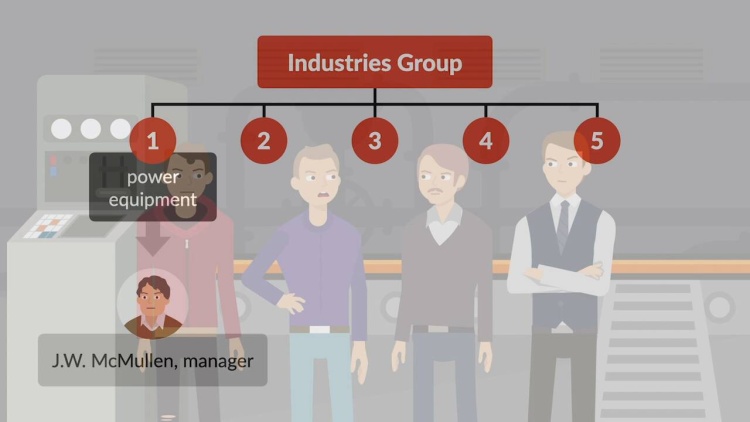Graham v. Allis-Chalmers Manufacturing Co.
Delaware Supreme Court
188 A.2d 125 (1963)
- Written by DeAnna Swearingen, LLM
Facts
Allis-Chalmers Manufacturing Co. (Allis-Chalmers) (defendant) was an equipment manufacturer with sales of over $500,000,000 yearly. Allis-Chalmers’s policy was to delegate responsibility to the lowest possible level of management. The board of directors met monthly to decide major policy, but it was unable to address the particular issues of the company’s subparts. The directors met annually to go over budgets but did not set prices of individual products. Singleton (defendant) was the senior vice president in charge of one of Allis-Chalmers’s groups. In this group, the power-equipment division was managed by McMullen (defendant). Employees in that division took part in a price-fixing scheme with other manufacturers beginning in 1956. Ultimately, Allis-Chalmers and four employees pleaded guilty to antitrust-law violations. John and Yvonne Graham (plaintiffs) filed a derivative lawsuit against Allis-Chalmers’s directors and the four indicted employees. None of the directors had any knowledge of the antitrust violations when they occurred. When the directors did learn of the wrongdoing, the legal division investigated and instructed subpoenaed employees to be truthful. The directors issued a new antitrust policy, and the legal division met with employees to prevent future violations. Despite the directors’ lack of actual knowledge, the Grahams argued that the directors had notice of potential antitrust activity based on two Federal Trade Commission (FTC) decrees from 1937 warnings related to earlier antitrust activity by the company. Both decrees stated the companies consented to avoid further proceedings. Various directors and officers were aware of the decrees, but believed they had been complied with. The Grahams argued that the directors had a duty to find and prevent antitrust violations. The vice chancellor refused to impose liability, and the plaintiffs appealed to the Delaware Supreme Court.
Rule of Law
Issue
Holding and Reasoning (Wolcott, J.)
What to do next…
Here's why 907,000 law students have relied on our case briefs:
- Written by law professors and practitioners, not other law students. 47,100 briefs, keyed to 996 casebooks. Top-notch customer support.
- The right amount of information, includes the facts, issues, rule of law, holding and reasoning, and any concurrences and dissents.
- Access in your classes, works on your mobile and tablet. Massive library of related video lessons and high quality multiple-choice questions.
- Easy to use, uniform format for every case brief. Written in plain English, not in legalese. Our briefs summarize and simplify; they don’t just repeat the court’s language.





